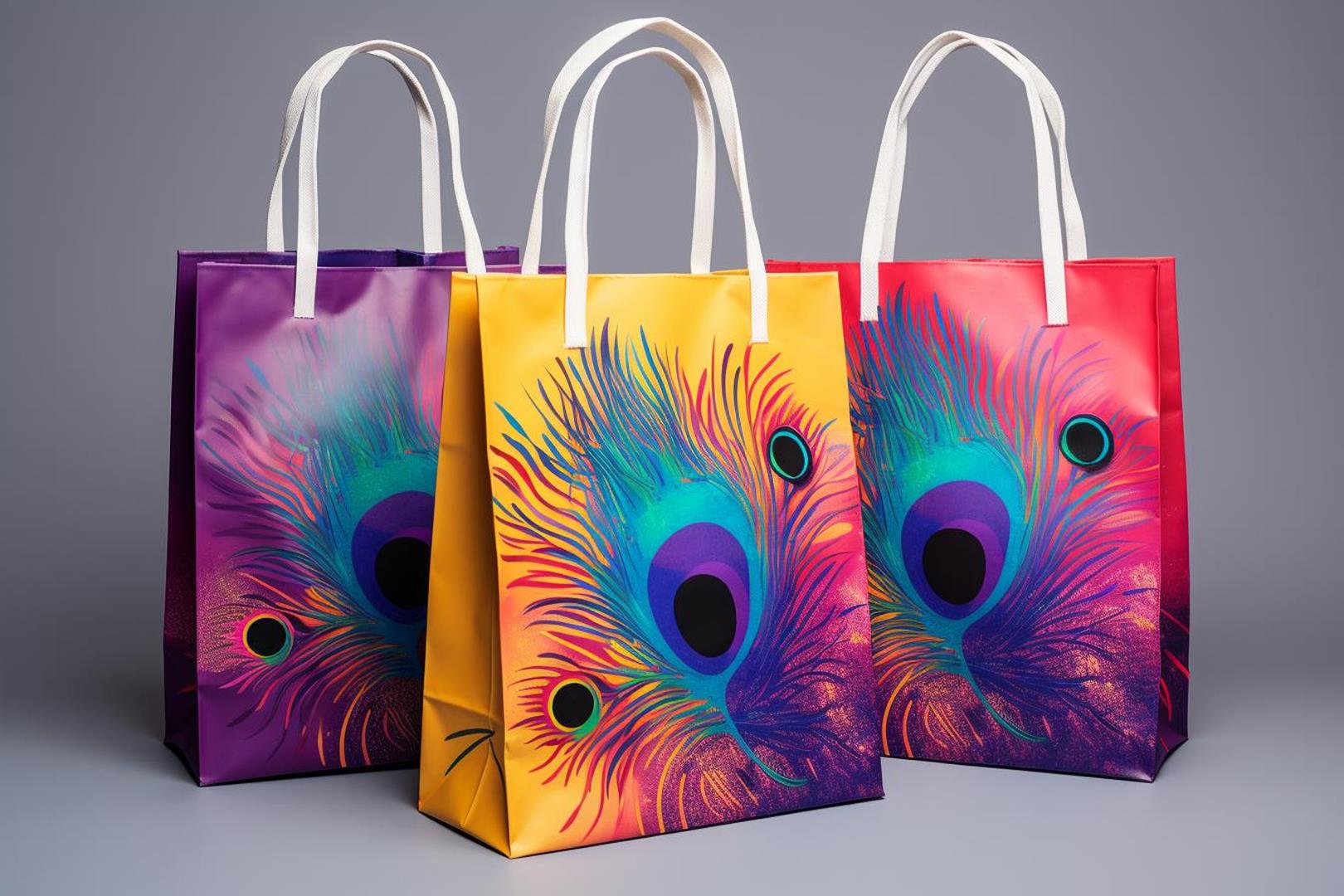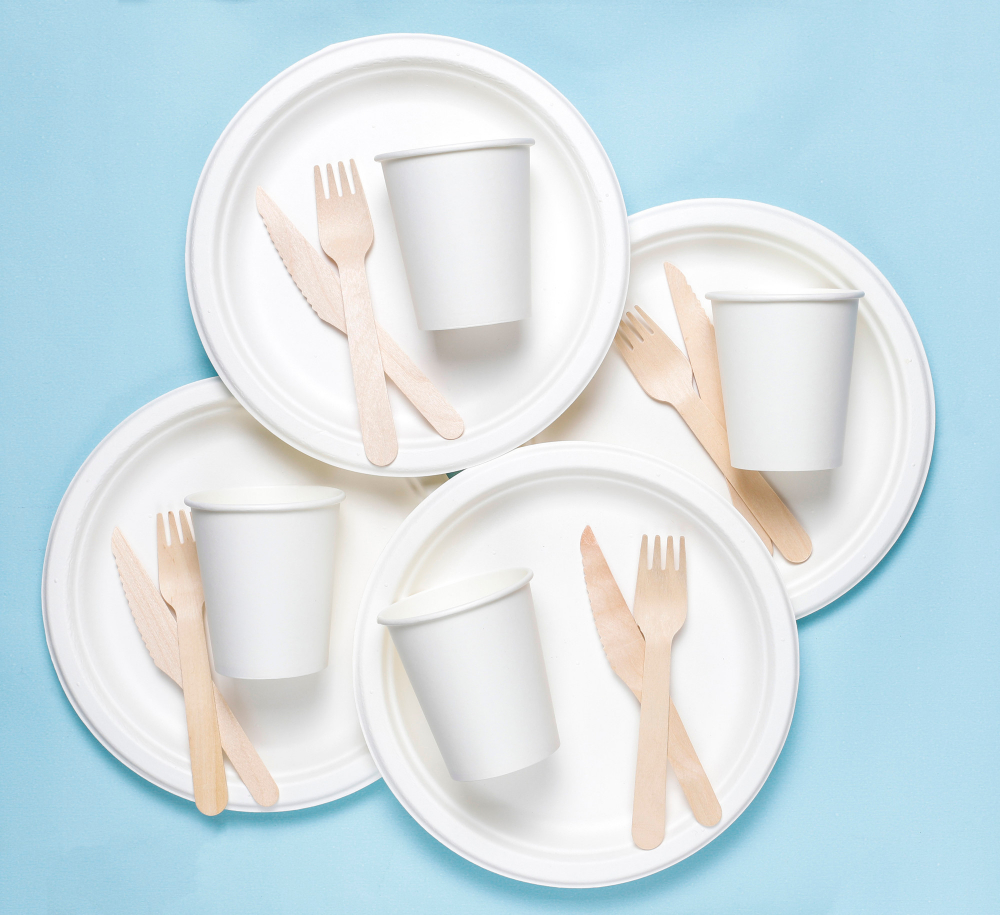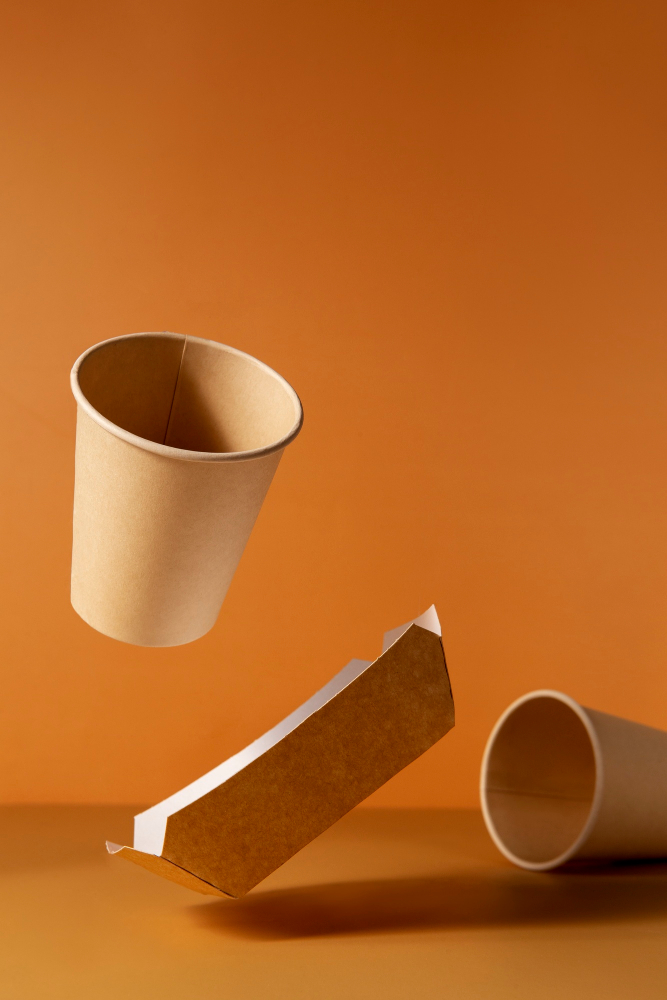
Rotogravure Printing Machine (or simply Gravure Printing Machine) is a type of deep printing technology used for high-quality printing. These machines are particularly suitable for large volume printing jobs and are commonly used in the production of packaging, labels, magazines, newspapers, and other high-quality printed materials. Rotogravure means “engraving” and works by transferring ink directly onto the printing surface.
Key Features of the Rotogravure Printing Machine:
- Deep Printing Technology:
- Rotogravure is a deep printing method. Micro indentations (engravings) are made on the printing cylinder. These indentations hold the ink and transfer it to paper or other materials during printing.
- This feature ensures highly efficient ink transfer and allows for high-quality prints with sharp details.
- Printing Cylinder:
- In a rotogravure printing machine, the printing cylinder plays the main role. The design or text to be printed is engraved onto this cylinder using micro indentations.
- The engraved areas on the cylinder absorb ink and transfer it to the printing surface during the printing process.
- Excellent Print Quality:
- Rotogravure printing machines produce prints with smooth and sharp color transitions. They are particularly ideal for multi-color printing.
- They deliver the highest quality results for detailed graphics, photographs, and fine drawings.
- High-Speed Printing:
- Rotogravure printing machines are suitable for large production volumes. They have the capacity to print at high speeds, making them ideal for jobs that require large quantities of printing.
- These machines can print continuously on large rolls of paper, shortening production time.
Principle of Operation of the Rotogravure Printing Machine:
- As the printing cylinder passes over the material to be printed, the engraved areas absorb ink and transfer it to paper or other materials.
- The printing surface comes into contact with the cylinder, and ink transfer occurs under high printing pressure.
- The printing cylinder rotates during printing, ensuring a continuous printing process.
Advantages of the Rotogravure Printing Machine:
- High Print Quality: Thanks to the deep printing method, prints can be produced with high resolution. Photographs, fine details, and color transitions are printed perfectly.
- Large Production Capacity: These machines can print at high speeds and in large volumes, making them suitable for large-scale printing jobs.
- Ability to Print on Various Materials: Rotogravure printing machines can print on paper, plastic, foil, metallized materials, and other flexible materials.
- Low Unit Cost: When producing large volumes of prints, the unit cost is low.
Disadvantages of the Rotogravure Printing Machine:
- High Initial Cost: Rotogravure printing machines are expensive because the production and maintenance of the printing cylinders are costly.
- Long Setup Time: Preparing the cylinder for each new print can be time-consuming and expensive.
- Low Flexibility: Compared to other printing types, rotogravure printing machines are less flexible and may not be efficient for short printing runs.
- High Waste Rate: Due to long production times and high-speed printing, the waste rate can sometimes be high.
Applications of the Rotogravure Printing Machine:
- Packaging Industry: It is commonly used for plastic packaging, food packaging, cosmetics packaging, chocolate packaging, and other product packaging.
- Magazines and Newspapers: It is used in the printing of magazines and newspapers that require high-quality printing.
- Labels: It is preferred for the production of high-quality labels.
- Industrial Products: It is also used in applications such as textile labels, industrial labels, etc.
Conclusion:
Rotogravure printing machines are an ideal choice for large-volume and high-quality printing jobs. They have a wide range of applications, especially in the packaging industry. However, the high initial costs and long setup times should be considered. Despite these drawbacks, their ability to produce high-quality, multi-color prints makes them attractive to businesses with high production capacities.









































